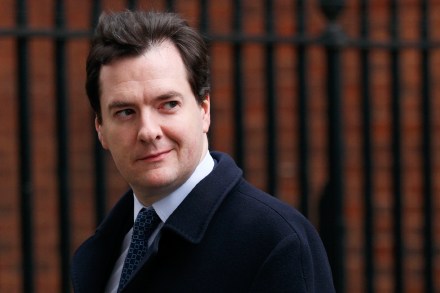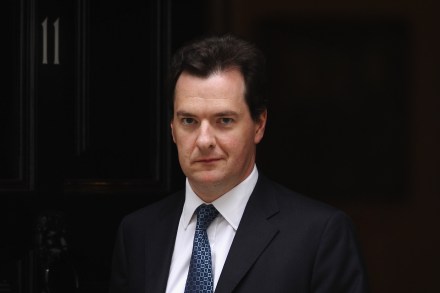How Clegg outmanoeuvred Cameron over the ECHR
News that Nick Clegg has brilliantly outmanoeuvred Cameron over the British Bill of Rights will come as no surprise to CoffeeHousers — we told you so last March. The panel was stuffed full of ECHR enthusiasts, balanced by Tories most of whose competence lay in other legal areas. Perhaps Michael Pinto-Duschinsky, the most clued-up of the Tory appointees, didn’t realise this when he joined the panel. He has twigged now, and has quit (or was eased out, depending on whose version of events you believe); observing that the ‘Lib Dem tail is wagging the Conservative dog’. As was evident from the start. Duschinsky made his j’accuse on BBC1’s Sunday Politics




















